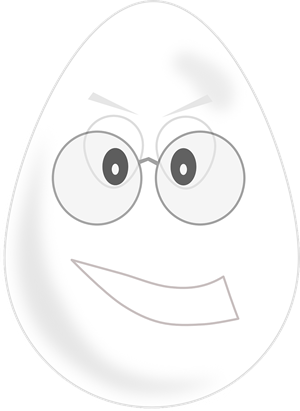
PUMPA - SMART LEARNING
எங்கள் ஆசிரியர்களுடன் 1-ஆன்-1 ஆலோசனை நேரத்தைப் பெறுங்கள். டாப்பர் ஆவதற்கு நாங்கள் பயிற்சி அளிப்போம்
Book Free DemoBut to go to school in a summer morn,
O! it drives all joy away;
Under a cruel eye outworn,
The little ones spend the day,
In sighing and dismay.
O! it drives all joy away;
Under a cruel eye outworn,
The little ones spend the day,
In sighing and dismay.
Explanation:
The second stanza witnesses a shift in the tone of the poem. In the previous stanza, the speaker had expressed his happiness and hope, and he could be seen rejoicing in the beauty of a summer morning. However, the second stanza (and those that follow) displays the dismay and joylessness felt by the speaker. The speaker claims that going to school in the morning on a summer day deprives him of all joy.
Children must spend the entire day at school under the supervision of a teacher whose primary job is to ensure that they adhere to the rules and regulations. Here, the speaker refers the teacher to a cruel eye. The “eye” in the stanza is an example of synecdoche- a figure of speech in which a part of something refers to its whole. The eye is being used to refer to the entire person (i.e., the teacher).
Children must spend the entire day at school under the supervision of a teacher whose primary job is to ensure that they adhere to the rules and regulations. Here, the speaker refers the teacher to a cruel eye. The “eye” in the stanza is an example of synecdoche- a figure of speech in which a part of something refers to its whole. The eye is being used to refer to the entire person (i.e., the teacher).

The unsympathetic attitude tires the students
Back to the poem, the children are kept under constant supervision and are required to follow rules that make their lives miserable— the teacher's unsympathetic attitude tires the students. As a result, the young ones spend their days in grief and distress.

The young ones spend their days in grief and distress
Meanings of difficult words:
S.No | Words | Meanings |
1 | Outworn | Out of date; no longer usable or serviceable because of excessive use |
2 | Adhere | To follow |
3 | Sigh | To emit a long, deep audible breath expressing sadness, relief, tiredness, or similar |
4 | Dismay | A feeling of unhappiness and disappointment |
5 | Synecdoche | A figure of speech in which a part of something refers to its whole. e.g., "Can I have a head count?" - here, the word head stands for the whole person |
Reference:
National Council of Educational Research and Training (2008). Honeydew. The School Boy-William Blake (pp. 83 - 84). Published at the Publication Division by the Secretary, National Council of Educational Research and Training, Sri Aurobindo Marg, New Delhi.